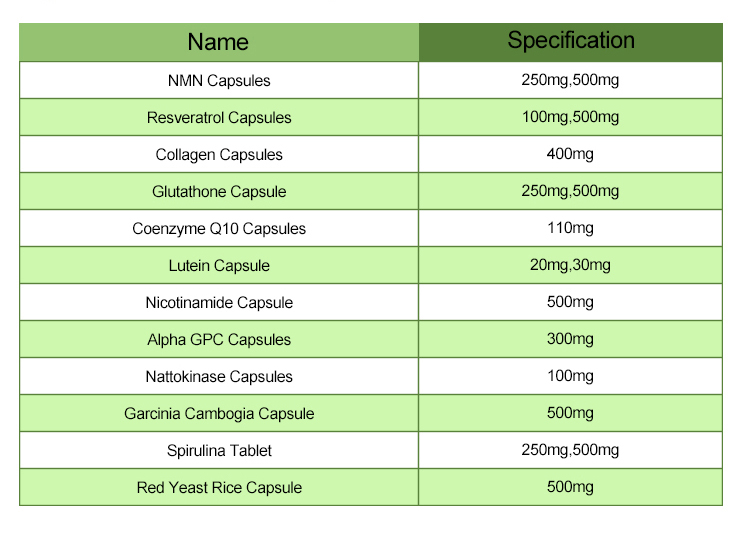Lutein capsules are dietary supplements that contain lutein extracted from natural sources or synthesized in laboratories. Lutein is a type of antioxidant known as a carotenoid. It is commonly found in dark green leafy vegetables, such as spinach and kale, as well as in egg yolks and various fruits. Lutein is believed to benefit eye health by protecting the retina from harmful light and oxidative stress, thus reducing the risk of age-related macular degeneration (AMD) and cataracts. Lutein supplements, usually taken in capsule form, are often marketed for their potential eye health benefits.
Effectiveness of Lutein Capsule:
Eye Health: Lutein is primarily known for its potential benefits to eye health. Studies suggest that lutein, along with another carotenoid called zeaxanthin, may help reduce the risk of AMD and cataracts, particularly in older adults.
Skin Health: Some research suggests that lutein may also have benefits for skin health, including protection against UV damage and improvement in skin hydration and elasticity.

Side Effects of Lutein Capsule:
Lutein supplements are generally considered safe for most people when taken in recommended doses. However, excessive intake may lead to some side effects, including:
Yellowing of the Skin: High doses of lutein can cause a harmless condition called carotenodermia, where the skin turns yellowish-orange. This discoloration typically fades once lutein intake is reduced.
Digestive Issues: Some individuals may experience gastrointestinal discomfort, such as nausea or diarrhea, especially when taking high doses of lutein.
Allergic Reactions: In rare cases, individuals may experience allergic reactions to lutein supplements, including itching, swelling, or difficulty breathing.
Special Considerations of Lutein Capsule:
Pregnancy and Breastfeeding: Although lutein is generally considered safe, pregnant and breastfeeding women should consult their healthcare provider before taking lutein supplements to ensure safety for themselves and their babies.

Medical Conditions: Individuals with certain medical conditions, such as diabetes or a history of kidney stones, should consult a healthcare professional before taking lutein supplements, as they may interact with medications or exacerbate existing conditions.
Interactions: Lutein supplements may interact with certain medications, such as blood thinners (anticoagulants) or cholesterol-lowering drugs (statins). It’s essential to discuss with a healthcare provider before starting lutein supplementation, especially if you’re taking any medications.
Overall, while lutein supplements may offer benefits for eye health and possibly skin health, it’s crucial to use them cautiously and under the guidance of a healthcare professional to minimize the risk of side effects and ensure safety, especially for individuals with pre-existing medical conditions or those taking medications. Additionally, obtaining lutein from dietary sources, such as leafy greens and eggs, is generally considered a safe and effective way to support overall health.
